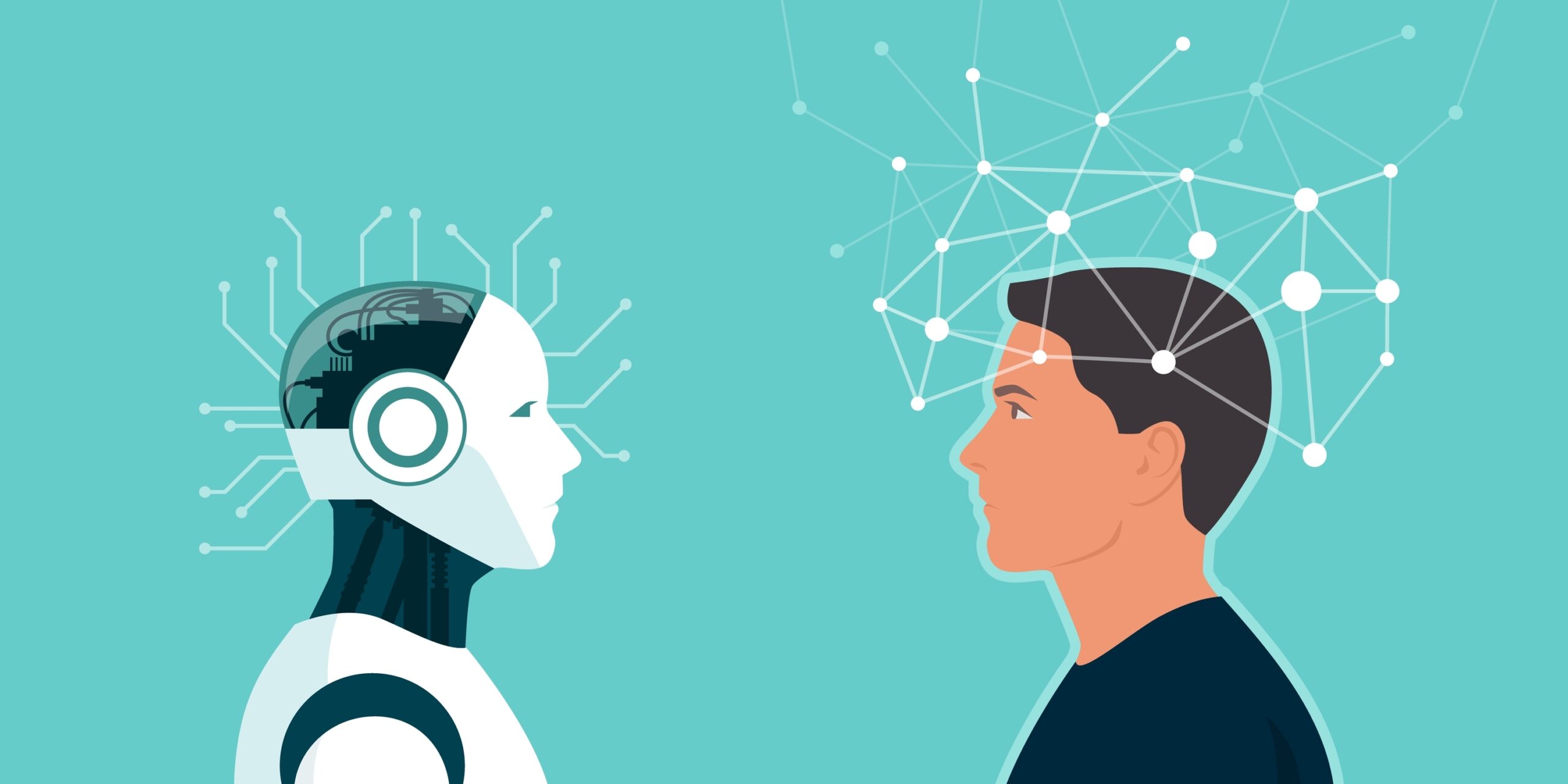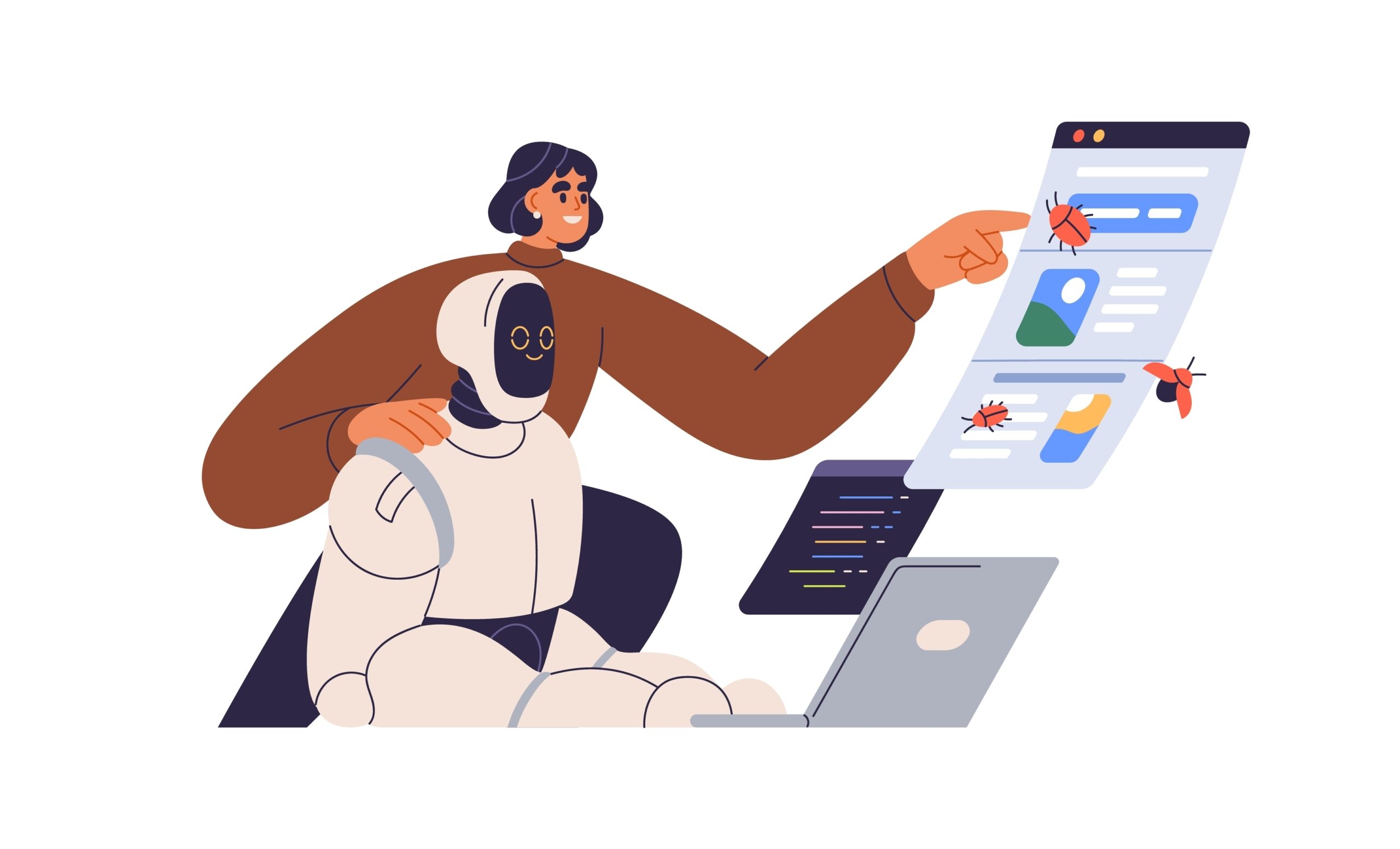AI mania is trending in the zeitgeist right now. Although these tools aren’t entirely new, their generative capabilities are evolving exponentially making it hard for businesses to keep up with the changing ethical and compliance landscape. Trust in these systems is...
CENTER OF EXCELLENCE FOR RESPONSIBLE AI
Unlock the Power of Ethical and Responsible AI Solutions
At Obenlegal, we believe that Responsible AI is essential for the future of technology. We are committed to helping organizations develop and deploy AI in a way that is ethical, fair, and beneficial to society.

Helping organizations meet their Responsible AI goals.
At Oben Legal, we are passionate about helping businesses navigate the complex landscape of ethics, integrity, and emerging technologies. We are proud to announce the launch of our Center of Excellence for Responsible AI, where we combine our deep expertise in ethics and compliance with the transformative potential of Artificial Intelligence (AI).
Why Responsible AI Matters
As AI becomes increasingly integrated into various industries, it is crucial to ensure that its deployment aligns with ethical standards and societal values. Responsible AI not only mitigates legal and reputational risks but also fosters trust, transparency, and accountability in your organization. At Oben Legal, we believe that embracing Responsible AI is not only a necessity but also an opportunity to drive innovation and sustainable growth.

OUR CENTER OF EXCELLENCE
Oben Legal’s Center of Excellence for Responsible AI is at the forefront of providing guidance, strategies, and solutions to businesses seeking to harness the power of AI while upholding ethical principles. Our Center of Excellence for Responsible AI provides a comprehensive suite of services to help organizations meet their Responsible AI goals.
Responsible AI Strategy
Ethical AI Assessment
Compliance and Governance
Training and Education
Frequently Asked Questions
Learn How it Works!
Does AI fall under any existing laws or regulations?
Curabitur quis ac lectus. Vivamus magna justo, lacinia e?
What are the ethical considerations of AI?
How does AI interact with existing laws and regulations?
How can AI be used to improve compliance?
What are the future trends in AI law and compliance?
Got AI on Your Mind?
What every CCO and Compliance Officer should know about Generative AI: A Primer
Remember years ago when self-checkout was on the rise? My parents would always opt to go to an actual cashier, remarking with a sigh, “they’re replacing us.” Fast forward, and, as dramatic as it sounded at the time, they may have been right. The CVS in my neighborhood...
Realistic Robocalls Cause Widespread Confusion
We've seen the best of AI and the worst of AI. With robocalls getting out of hand, the FTC and DOJ plan on doing something about it.
Get in Touch!
Unlock the transformative potential of Responsible AI. Contact us today to learn how our Center of Excellence can help you navigate the ethical landscape of AI while driving innovation and maintaining integrity in your business.



